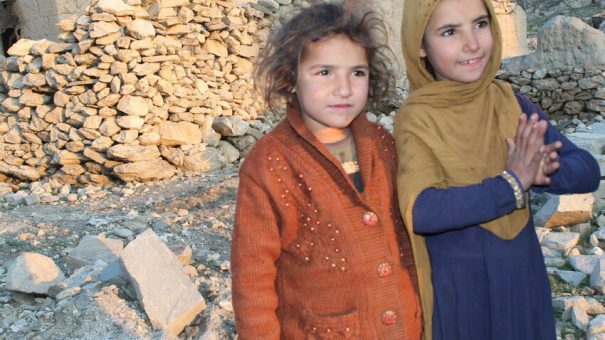Islamic Relief is supporting families in Afghanistan who have been affected by drought, and do not know where their next meal is coming from. The recent drought has left 14 million people facing a severe food crisis, as a lack of rainfall has led to low crop yields and a sharp rise in food prices. Many families are highly vulnerable, and at high risk of malnutrition.
The current drought in the country is worsening an already dire situation in which political insecurity, years of conflict and the Covid-19 pandemic have crippled many communities.
Conflict forces hundreds of thousands of people to flee their homes each year. Many have lost loved ones and are suffering the trauma that goes with bereavement, displacement and uncertainty. Women and children are particularly severely affected.
Afghanistan has been hit hard by the Covid-19 pandemic. Restrictions imposed to help combat the spread have seen many lose their livelihoods, and a lot of families do not have a reliable income from which to support themselves.
The drought has now pushed the country to the brink of collapse, and Afghanistan is facing one of the world’s worst food crises.
A lack of access to food and water is increasing the prevalence of severe malnutrition, and half of the population do not know where their next meal is coming from.
Islamic Relief’s response
The families affected are in urgent need of food, water, livelihoods support, shelter and hygiene assistance.
Islamic Relief has already distributed food packages containing staple items such as rice and bread to over 13,000 families.
We are now planning a more extensive longer-term project to help over 200,000 people across the country with their basic needs and livelihoods support.
Islamic Relief has been helping vulnerable people in Afghanistan since 1999. With your help, we can continue our lifesaving work in the country and beyond. Please donate to our Famine Appeal.
